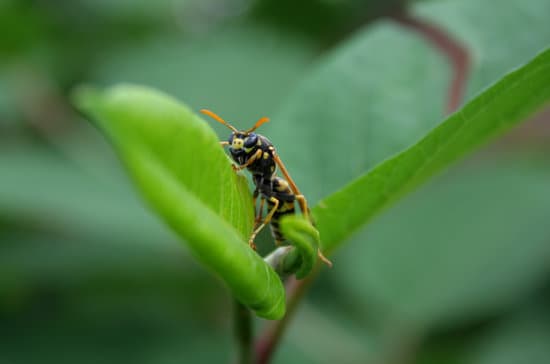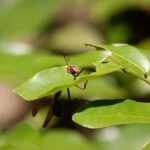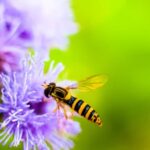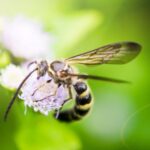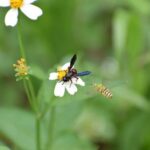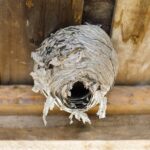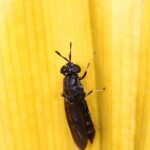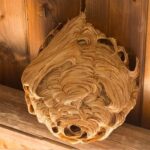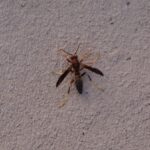Water Intake Strategies of Parasitic Wasps
Almost all insects require water for their body metabolism. However, there is little information available about the water intake strategies used by parasitic wasps.
Parasitic wasps need water for the maturation of their eggs. In addition, they need water for thermoregulation. During hot days, wasps use water to cool the nest and for drinking. Some wasps also use water to build their nest.
Many parasitic wasp species engage in host-feeding. This activity is known to enhance the total host-killing capacity of these insects. The sex ratio increases as a result of host-feeding, which also increases flight capacity. Unlike other insect species, parasitic wasps rarely consume free water.
Pachycrepoideus vindemmiae is a parasitic wasp that has been shown to engage in host-feeding. The parasite was raised on spotted-wing drosophila suzukii pupae.
In order to measure the longevity of the parasitic wasp, Pachycrepoideus vindemmiae was subjected to three assays. The first assay was designed to test the effect of free water on parasitoid mortality. The second assay was designed to measure the effect of honey on parasitoid mortality. The third assay was designed to determine the effect of water-deprivation on parasitoid longevity.
Each assay was carried out on two groups of females. The first group was isolated in a flat tube with a water source. The control group was offered water in a flat tube for 30 minutes. The lifespan of the females in each assay was measured.
The results showed that the host-feeding rate increased significantly in the water-deprived group. In addition, the host-feeding rate increased even in the presence of honey. These findings suggest that the parasitic wasps use host-feeding to enhance their total host-killing capacity in water-deprived environments.
